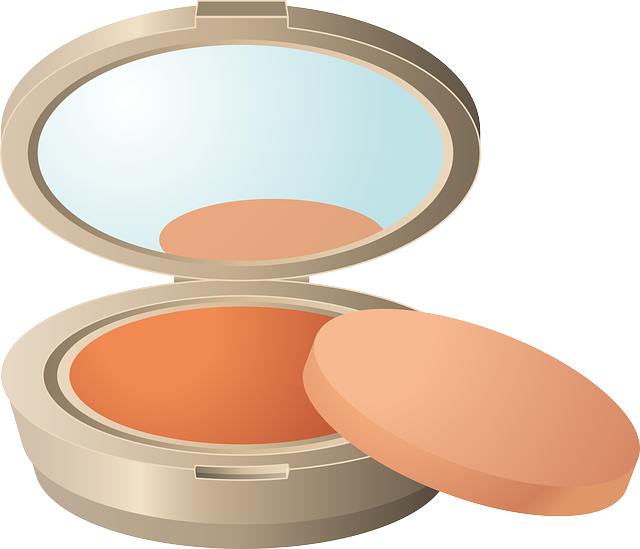This story originally appeared on TheGrowthOp.

The Thai government has proposed plans to remove the leaves, branches, stems, trunks, bark, fibre and roots of cannabis and hemp plants from the government’s narcotics list, opening the door for infused cosmetics and food products, reports the Bangkok Post.
Notably, cannabis flower will remain prohibited.
The new regulations, to be drafted by the Food and Drug Administration (FDA), will include hemp seeds, seed extract and cannabidiol (CBD). Tetrahydrocannabinol (THC) would be limited to a maximum 0.2 per cent content.
The plants would be produced by authorized growers, as well as research teams and traditional medical practitioners. Universities, community-based enterprises and community cooperatives would also be permitted to grow, with no limit on the number of plants.
FDA secretary-general Paisal Dunkhum said the new regulations would facilitate the production of cannabis and hemp-based health products, and also textiles and garments.
Last year, Thailand become the first Southeast Asian nation to allow medical cannabis, but pot remains illegal otherwise and penalties are severe.
Still, Thailand is attempting to position itself as a production hub for medical cannabis, with the government investing 100 million baht ($4.2 million) into the nation’s first indoor growing facility last year.
Earlier this year, in a bid to educate about the country’s medical cannabis program, Thai officials unveiled Dr. Ganja, a pot-leaf mascot.
“Thailand has shown itself to be a leader of legislative reform among Asian nations, in relation to medical cannabis,” Barbara Pastori, head of the cannabis market intelligence firm Prohibition Partners previously told Bloomberg. “This is likely to be the case with recreational cannabis also, particularly if there remains strong political will to do so.”
 Investment value finders Investment value finders
Investment value finders Investment value finders



